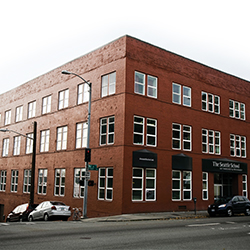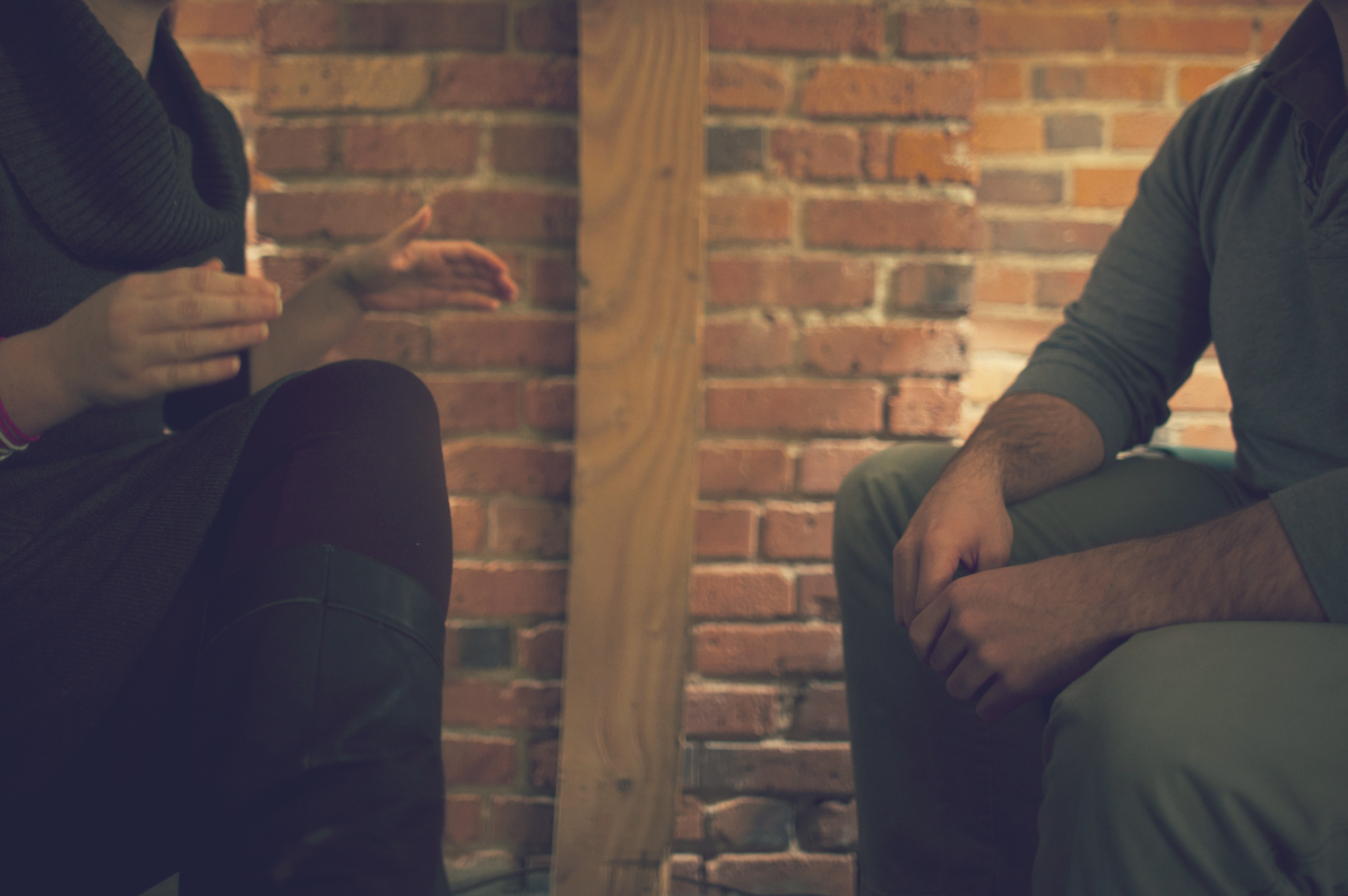As you know, at The Seattle School we believe that who we are is an essential component to what we do vocationally. Our curriculum invites you as students to reflect and consider your personal narrative, and how your story informs and impacts who you are in relationship and what it is that you feel called to do. As a first year student, you will do much of this reflective work in Practicum I, a small classroom setting designed for you to gain new and increasing awareness of yourself in the context of relationship.
Practicum is often a much anticipated class by students, whether the anticipation is out of excitement, anxiety, or sometimes even dread. Practicum has a reputation of being a kind of mysterious process, nevertheless, there are distinct course learning objectives and outcomes. Let us name a few.
- Developing a robust sense of your own style of relating, including both gifting and limitation, as it is connected to your personal and cultural narrative history.
- Growing in understanding of how your style of relating impacts your relationships.
- Cultivating curiosity, empathy and an awareness of how different styles of relating collide and engage (transference and countertransference), especially when receiving feedback.
To borrow from the corporate world, Practicum is a significant place within our curriculum where we teach emotional intelligence. Developing emotional intelligence is such an important part of being a leader — whether you plan to work in a ministry, therapeutic, or community context — and it is also something that must be learned through experience. Each of our classes is designed with many of these learning outcomes in mind, but Practicum will be a place for you to do focused work in the realms of presence, story, awareness, impact and more.
The Structure
In Practicum I, you will be one of about nine students in the class. The class is co-taught by a Practicum Leader and Practicum Facilitator. The Practicum Leader is a faculty member or a member of our adjunct instructional staff (always a Clinical Psychologist or a seasoned Licensed Mental Health Counseling clinician). The Practicum Facilitator is a part of our instructional staff. Traditionally these facilitators are graduates of our MACP program that have undergone a rigorous application process and intensive training to work as facilitators in the Practicum Program.
Learning outcomes in the First Year Practicum are achieved through working as a group with narrative. Each week, one or two students share a portion of her/his personal and cultural story, while the other members of the group actively listen; paying attention to their own relational dynamics. Your task is to stay attentive to what is happening in you, as well as to be curious about what is happening for others. Together through conversation, the group seeks to identify core themes and experiences, both positive and negative, which have impacted the student — both who they are and how they relate.
Practicum is one of the program distinctives that sets The Seattle School apart from other graduate programs. We are a learning community committed to the work of embodied formation in the lives of our students. While we are thoughtful about imparting valuable information and equipping you with many skills during your tenure here, we care a great deal about who you are, the presence you offer, and the ways in which you will live into the person you are and the calling you have on your life. Practicum is the artist’s studio or playground in which you have the opportunity to practice, experience, paint, play, and flesh out what you are learning.
Formation is no small task and with it comes struggle and discomfort. Know too that these are accompanied by much hope, freedom, beauty, and integration. It is a deeply sacred work. Our community is already holding each of you in our thoughts as we move toward the fall, and especially as we begin the work of placing practicum sections. Know that we are mindful of who you are and what you bring. Typically, you will have the opportunity to meet the Practicum Team, learn more about the process, and connect with your First Year Practicum section during Orientation. Until then, we invite your thoughts and questions.
We are so looking forward to welcoming you to the community and to witnessing the growth that you will encounter this year!


